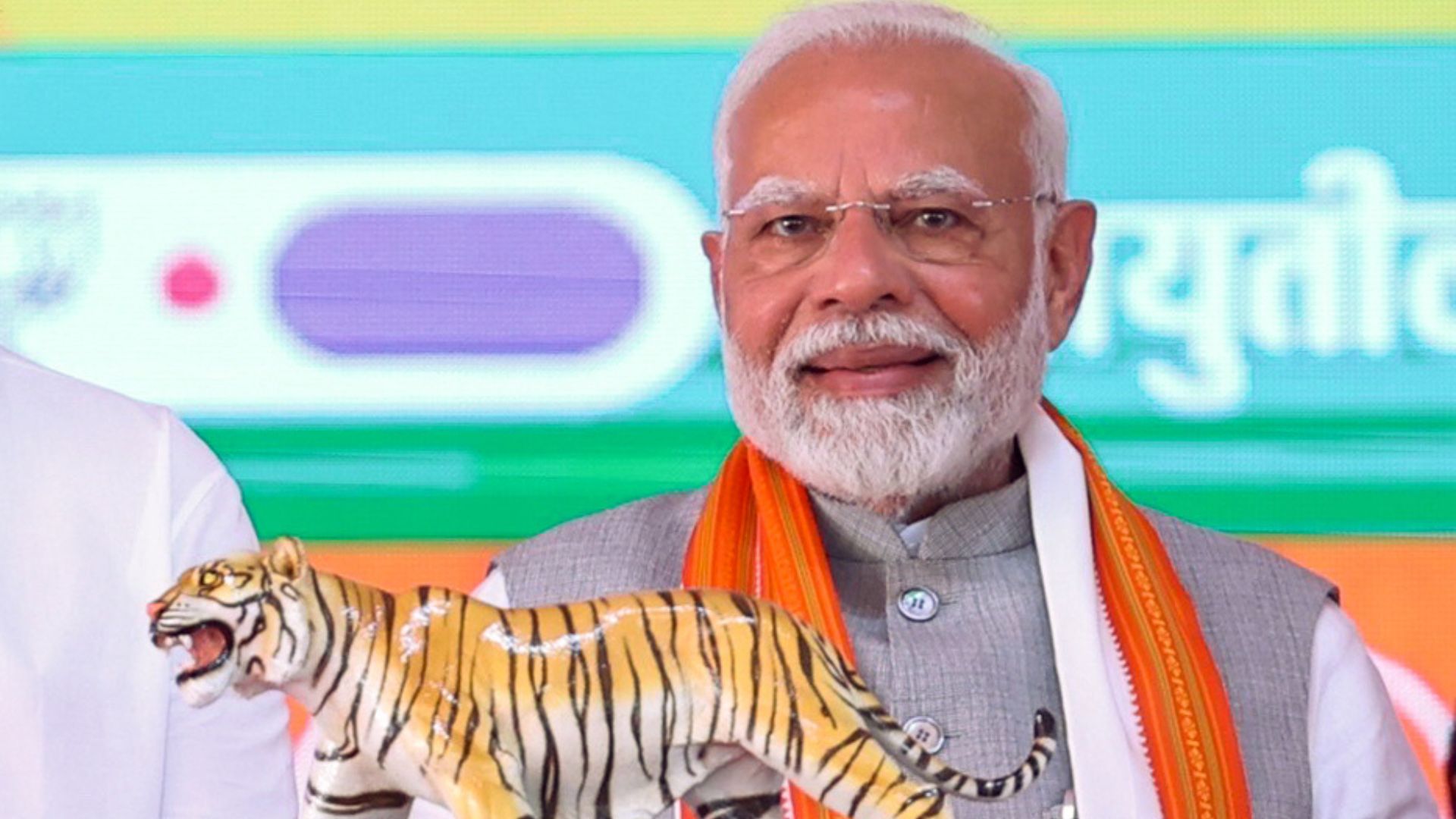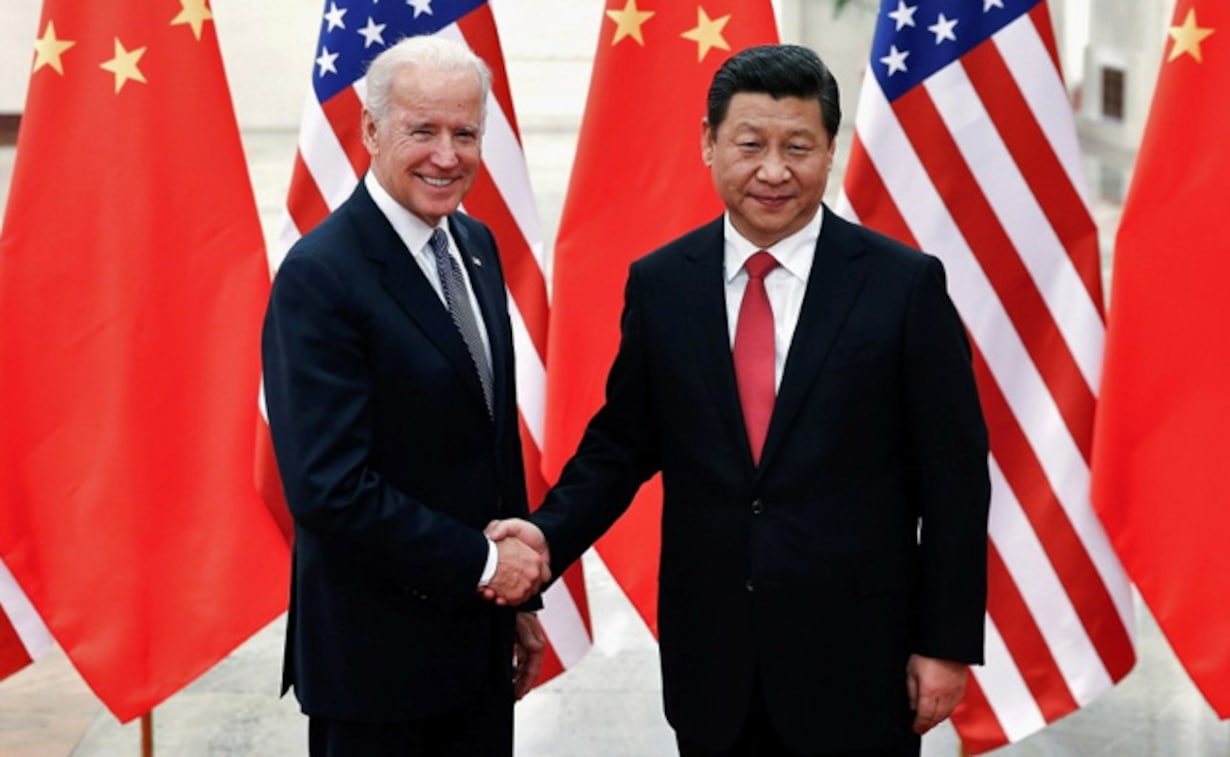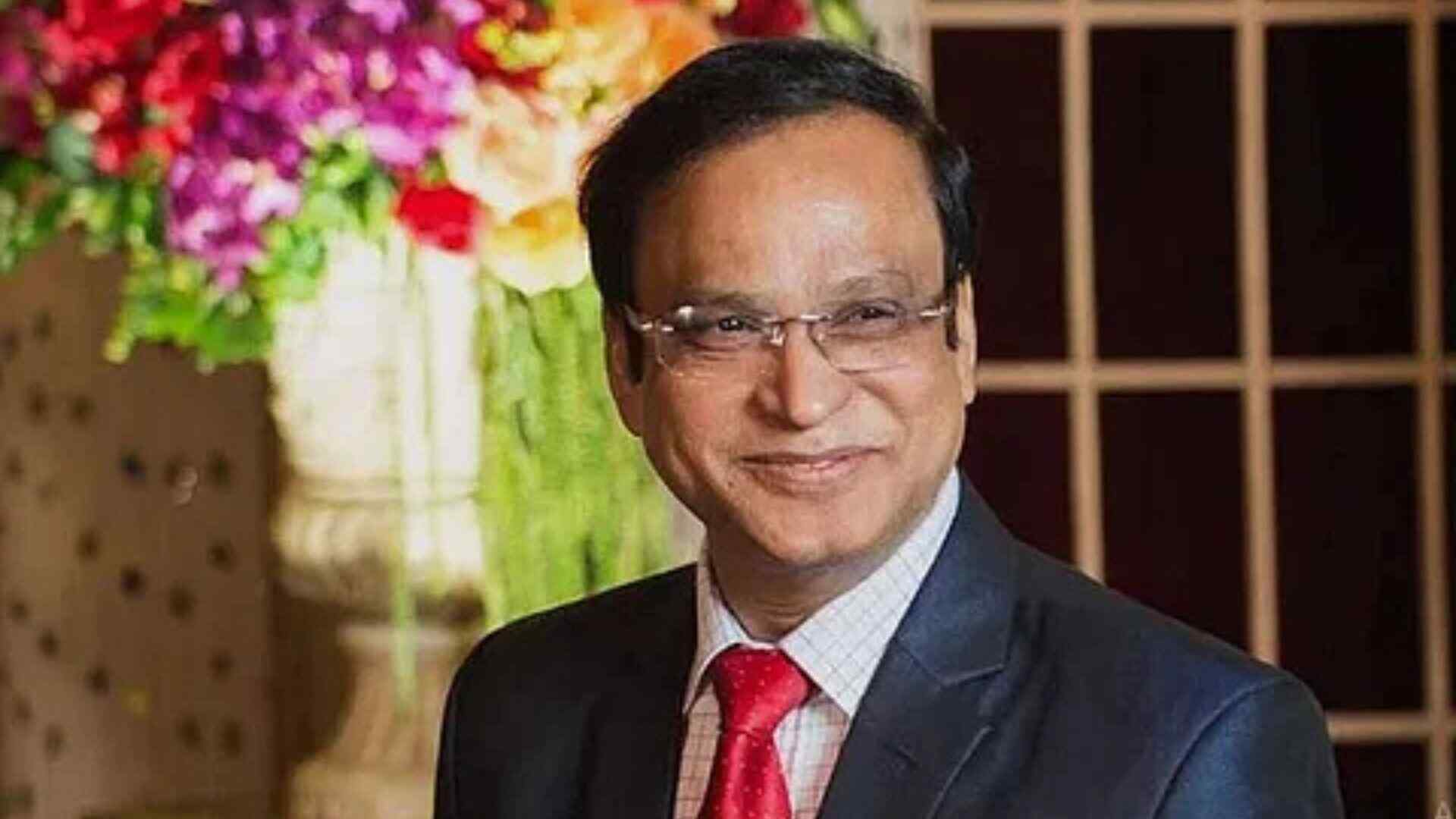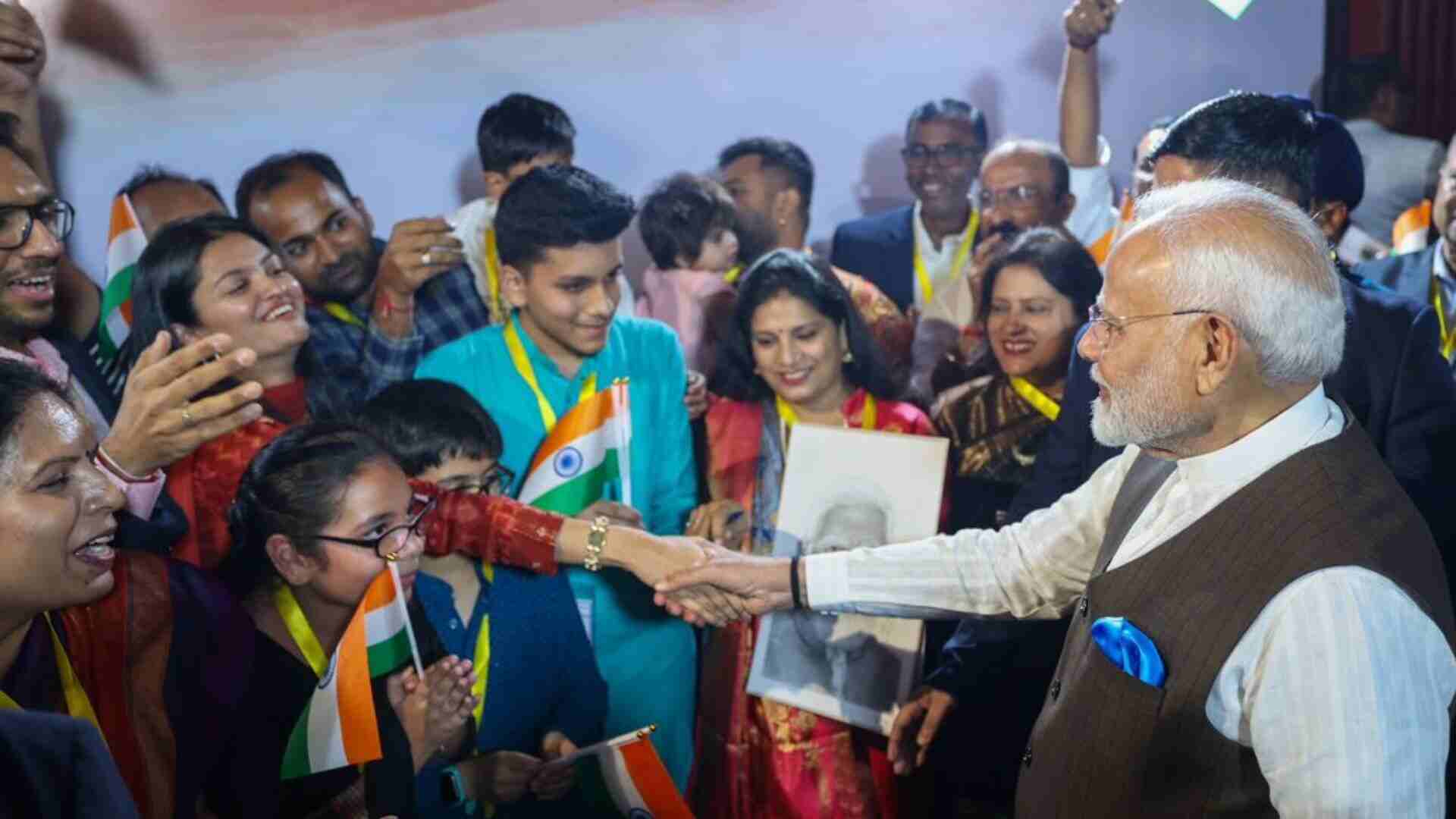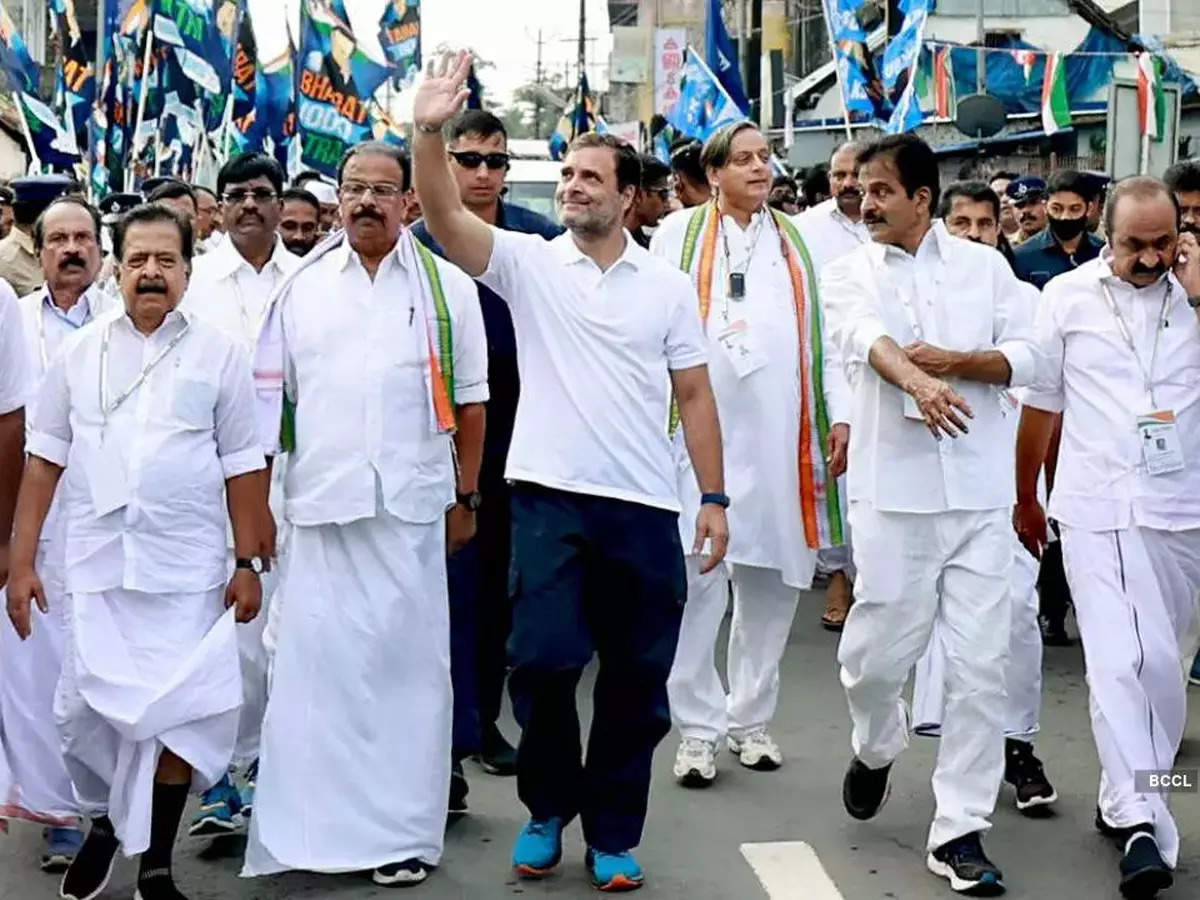
Environmental activist Medha Patkar joining Rahul Gandhi’s Bharat Jodo yatra in Maharashtra on Saturday will seriously undermine whatever little chance the Congress had to give a fight to the BJP in Gujarat. Not that the Congress has any chance to win Gujarat, but this will enable indecisive voters who love Gujarat to vote back the BJP with a decisive majority.
In Gujarat, Patkar is seen as a symbol of anti-development and she is held as one of those responsible for stalling the Narmada Dam project through contentious legal battles for three decades. Gujarat suffered due to drought and lack of water, but the dam could not be built in time. The state even witnessed water riots where people fought for getting water.
The clearance to increase the height of Narmada Dam to its fullest potential was given in 2017 and fully functional dam was inaugurated by Prime Minister Narendra Modi in 2017. He deserved the honour since he had assiduously fought anti-dam activists because the dam was the only hope to provide water to the parched state. Patkar as founder of the Narmada Bachao Andolan is seen as a villain by many in the state.
By aligning with Patkar, Rahul Gandhi has definitely handed over a sensitive issue to the BJP. An average voter in Gujarat wants development and he knows the role played by the Sardar Sarovar Dam built over river Narmada in Kevadia. If river Sabarmati has been restored to its glory, credit goes to the dam that has provided the much needed water.
All senior BJP leaders, including the Prime Minister, has attacked the Congress for this bonhomie with Patkar. In politics, more so during elections, such symbols do play a crucial role in shaping the opinion of voters. It tells them what a party represents and how sensitive it is to the emotions of people.
The choice for an average voter in Gujarat is clear. While the Aam Aadmi Party (AAP) has become the symbol for anarchy where freebies are considered substitute for development, the Congress has become the newfound platform of the left-liberal cabal that is fashionably referred to as Urban Naxals.
The issue is why did Rahul Gandhi do this? He is not naïve to know that the political discourse in Gujarat cannot remain isolated from what happens in other parts of the country. Has he decided to give a walkover to the BJP? He knows that the Congress is weak in the state.
The other reason could be the absence of self-confidence that he can take public support and take on the BJP. Hence, he prefers to associate with forces that are isolated and rejected in the new discourse in Modi’s India, where every action is being tested on the basis of nationalism. Rahul Gandhi finds solace in the company of these leaders who can talk big, but cannot get enough public support to shore up the Congress’ dwindling fortunes.
He sided with Kanhaiah Kumar of JNU with much fanfare and supported him even when the entire country seemed to be upset and angry with the “tukde tukde” gang that spoke of Azadi for Kashmir. How could he imagine that youths of the country would associate with the urban Naxal phenomenon that survives by supporting anti-India forces.
The Naxals used to champion armed rebellion to overthrow elected regimes and their overground supporters masquerading as Left-Liberals used to give them ideological support. These people celebrated killings of security forces in the hands of the Naxals in rural and tribal areas and when Naxals were killed, they made a hue and cry over violations of human rights.
Kanhaiah Kumar, Alpesh Thakore and Hardik Pandya had formed a troika in the arsenal of the Congress to attract the youths. Two of them soon realised that their course was wrong and that the Congress was not the right platform to do constructive politics and are now contesting in Gujarat on BJP tickets.
Kanhaiah Kumar has been ideological leader of the slogan shouting brigade. He would take time to have a brush with reality in the political battleground of Bihar where people are pitted between the BJP and the Rashtriya Janata Dal (RJD). He is too much sound in the classical style that does not gel with the realpolitik of Bihar where politics is the pudding on every dinner table.
Rahul Gandhi’s Bharat Jodo Yatra is an attempt to bring together all these kinds of people closer to him. One does not get public support by yatra unless you have an agenda. It is what you represent and speak in the political discourse that decide public affiliation. Instead of focusing on problems faced by people, he is still enjoying applaud from his ideological support base for criticising Narendra Modi.
Not a day goes when he does not come with venom against Modi or the RSS. If he had to do just that he could have done that from the comfort of his home in Delhi. Why undertake such a yatra that keeps him away from political campaign that is so crucial for the Congress. He definitely wants to prove something but nobody knows what.
Keeping a beard JNU-style suits a 25-yer old who is discovering himself and imagines a revolution to change the world. It does not suit a person who has reins of the country’s oldest political party. The seriousness should reflect in every word one speaks to enable people to take you seriously.
One has to be sensitive to understand the problems of people and be committed to the cause of national resurgence. In Rahul Gandhi’s case, he seems to be doing everything for optics. If one wishes to emulate Mahatma Gandhi, one should know that he gave up his angavastrum to a lady who did not have enough clothes. After that, he became the half-naked fakir.
People of India are very mature in political terms. They know who stands for what. Narendra Modi’s rise despite attacks and vilification by his adversaries prove beyond doubt that they know the truth and not swayed by propaganda. People such as Medha Patkar may get international awards, but they would not be reflecting the real aspirations of an average Indian despite the class and caste divide. The political choice is clear for one who aspired to rule.
